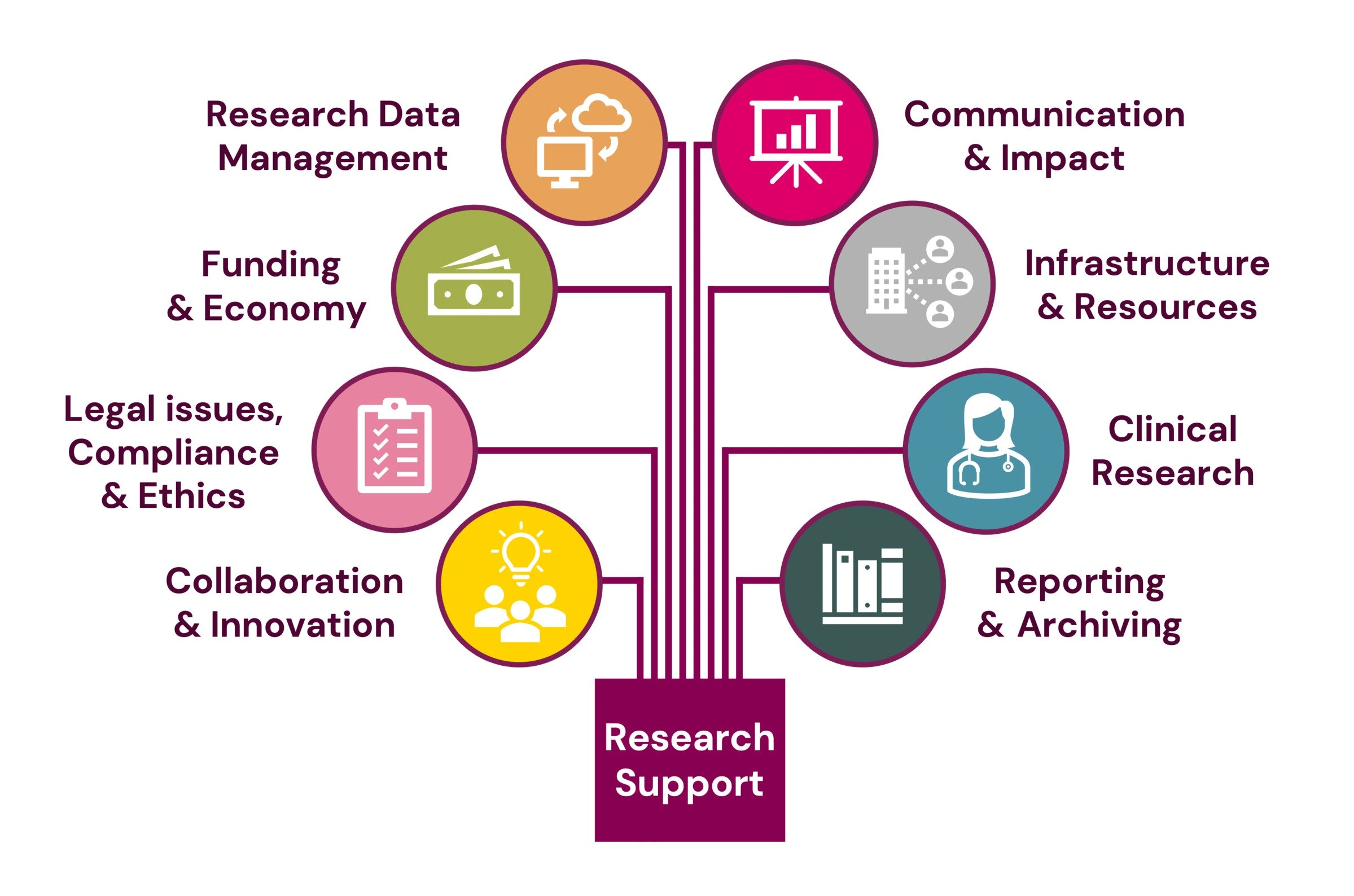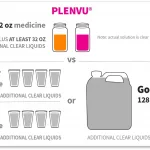If a grant disappears overnight or a contract gets flagged, the first thing you need to know is whether you’re breaking the law—or simply caught in a bureaucratic snag. Below you’ll get the fastest answers on what the rules are, why they matter, and how to protect your research.
We’ll walk you through the key statutes, the most common pitfalls (like illegal NIH actions or sudden federal grant cuts), and practical steps you can take right now to stay compliant and keep your project on track.
Legal Foundations of Grants
What statutes govern federal research funding?
The backbone of every federal grant is the U.S. Constitution’s Spending Power Clause (Article I §8). Congress uses this authority to pass two crucial types of laws:
- Authorizing legislation – sets the program’s purpose and grants the agency (e.g., NIH, NCI) the legal power to award money. A classic example is the Public Health Service Act, §301, which underpins most biomedical research funding.
- Appropriation legislation – actually puts dollars into the Treasury and tells agencies how much they can spend each fiscal year. That’s why yearly budget battles matter so much to researchers.
Key regulations that turn statutes into day‑to‑day rules
Because statutes are often broad, agencies publish detailed regulations in the Code of Federal Regulations (CFR). For NIH grants, the NIH legal‑implications section spells out eligibility, signature requirements, and the need for diligent fiscal‑cost (F&A) accounting.
Similarly, the National Cancer Institute’s legal page outlines the same concepts for cancer‑research awards, reminding applicants that “the applicant organization is responsible for verifying conformity with the most current guidelines for all administrative, fiscal, and scientific information” (NCI legal requirements).
Quick compliance checklist
| Step | What to verify |
|---|---|
| 1. Eligibility | Is your institution a qualified entity under the authorizing law? |
| 2. Signature | Does the Authorized Organizational Representative (AOR) sign the application? |
| 3. Cost allowability | Are all budget items permissible under the CFR? |
| 4. Indirect costs | Is your F&A rate approved and correctly applied? |
| 5. Reporting | Do you have a calendar for progress and financial reports? |
Common Legal Pitfalls
Illegal NIH actions
“Illegal NIH actions” sounds dramatic, but it’s usually about an agency stepping beyond what the law permits—like canceling a grant without proper notice or ignoring statutory notice‑and‑comment requirements. In 2023, NIH announced a batch of grant terminations that were later reinstated after investigators argued the agency hadn’t followed the Spending Power Clause. The lesson? Always ask for a written justification and keep a copy of the notice.
Federal grant cuts
When Congress trims appropriations, you may see “federal grant cuts” hit your budget hard. Suddenly, a multi‑year project is left with half the money you counted on. To buffer against this, build a contingency budget that can cover at least six months of essential expenses.
Contractual traps in sponsored research agreements
Sponsored research agreements (SRAs) are the legal rope that ties a university or lab to a sponsor. They often contain clauses that can bite you later:
- Intellectual property ownership – who gets the patents? If the sponsor claims exclusive rights, you might lose the ability to publish.
- Funded‑research exclusion – under IRS §41(d)(4)(H), research funded by a grant may be excluded from the research credit. The exclusion depends on two standards: the “risk” standard (funds contingent on success) and the “substantial‑rights” standard (whether you retain rights).
- Publication restrictions – some contracts demand a review period before you can submit a manuscript. That can delay your career milestones.
Issue vs. Legal Remedy
| Issue | Potential Legal Remedy |
|---|---|
| Late reporting | Administrative warning; possible repayment of funds |
| Improper grant cancellation | Appeal to agency Ombudsman; injunction if damages are severe |
| Overly broad IP clause | Negotiated carve‑out for academic publishing |
Specific Funding Scenarios
Your grant is suddenly canceled – what now?
First, breathe. Then:
- Check the notice. Federal law requires a written rationale. If the cancellation letter is vague, request clarification in writing.
- File an appeal. Most agencies have an Ombudsman or a formal appeal process. NIH’s Ombudsman office can mediate.
- Secure your data. Back up raw data, protocols, and any intellectual‑property disclosures to protect your work.
- Assess financial impact. Determine which expenses are recoverable and which need to be returned.
Accepting biomedical research funding with strings attached
Not all money is equal. Federal, private‑non‑profit, and for‑profit sources each bring different obligations. Federal grants (like NIH) often enforce open‑access mandates and conflict‑of‑interest disclosures. Private foundations may impose “use‑of‑funds” clauses that restrict how you spend the money. Before you sign, read the biomedical research funding guide we’ve published; it breaks down the key differences in plain language.
When a sponsor requests exclusive rights – can you say no?
Yes, but you need a smart negotiation strategy. Cite the funded‑research exclusion standards: if the sponsor’s funding is contingent on a product outcome, the “risk” standard may keep the work from being considered “funded” for tax‑credit purposes. Conversely, if you retain “substantial rights,” you may be able to retain a non‑exclusive license for academic publishing. Ask the sponsor to add a “non‑exclusive academic use” clause—most are willing if you explain that you need to publish to fulfill your university’s tenure requirements.
Legal due‑diligence checklist before signing
- Identify the funding source (federal, nonprofit, for‑profit).
- Confirm that the sponsor’s rights don’t block required publications.
- Check for fund‑use restrictions that could affect your budget.
- Verify IP clauses: who owns inventions, who can file patents?
- Ensure there’s a clear dispute‑resolution mechanism.
- Look for a termination clause that matches statutory notice requirements.
- Confirm compliance with the funded‑research exclusion standards.
- Ask for a copy of the sponsor’s compliance manual (if they have one).
- Secure an indemnification clause that protects your institution.
- Schedule a review with your university’s legal counsel before signing.
Proactive Compliance Guide
Assign a Grant‑Compliance Officer
Think of this person as the guardian of your grant’s health. Their duties include:
- Maintaining a master file of all grant agreements.
- Tracking reporting deadlines in a shared calendar.
- Conducting quarterly internal audits of expenditures.
- Providing training sessions for new faculty on grant rules.
Create a Standard Operating Procedure (SOP)
Every lab or department should have an SOP that outlines:
- How to draft a budget that meets CFR requirements.
- Who signs the AOR form and how to verify authority.
- Where to store signed contracts (digital repository with read‑only backup).
- The workflow for progress‑report submission.
- Steps to follow if a funding agency raises a compliance question.
Run regular audits and internal reporting cycles
Quarterly audits keep you ahead of the curve. Use a simple spreadsheet to compare planned vs. actual spend, then flag any variances over 10 %. If you spot an issue early, you can correct it before the agency notices, saving you from penalties or audit findings.
Template library (what you’ll love)
We’ve put together a small collection of templates you can download and adapt:
- Sample grant‑award agreement with a balanced IP clause.
- Audit checklist for indirect‑cost compliance.
- Letter of appeal to the NIH Ombudsman (editable).
Helpful Resources & Help
Government portals you should bookmark
grants.gov – the one‑stop shop for searching and applying to all federal funding opportunities.
NIH Grants Policy Statement – the definitive guide to what NIH expects from grantees (including the latest on NIH grants cancellation policies).
National Cancer Institute legal page – provides concrete examples of eligibility, cost principles, and reporting requirements.
Professional bodies that offer guidance
The Association of University Technology Managers (AUTM) and the Society of Research Administrators International (SRAI) publish newsletters and webinars on evolving legal trends. Their resources can help you keep up when Congress passes a new appropriations bill or when the Treasury issues revised regulations.
When to call a lawyer
If you’re dealing with:
- Multi‑agency funding that creates overlapping obligations,
- Complex IP ownership (e.g., patents on a drug candidate),
- Potential breach of contract claims from a sponsor,
- Any situation where the financial stakes exceed $500,000,
It’s wise to engage an attorney who specializes in research‑administration law. A short consultation can save you months of back‑and‑forth with a funding agency.
Additional reading
For deeper dives into the topics covered here, check out our related articles on illegal NIH actions and the broader landscape of biomedical research funding. They’re packed with case studies, sample letters, and step‑by‑step guides.
Conclusion
Understanding research funding legal issues isn’t just about avoiding paperwork headaches; it’s about protecting the science you love and ensuring your discoveries can reach the world. By knowing the statutes that empower agencies, recognizing common red flags like illegal NIH actions or sudden federal grant cuts, and building a proactive compliance framework, you set your project up for long‑term success.
Remember, the best defense is preparation: keep good records, ask the right questions early, and never hesitate to seek expert advice when the legal language gets dense. If you’ve run into a tricky grant situation, reach out to our compliance team or explore the linked guides for step‑by‑step assistance. Together we can keep research thriving, responsibly and legally.

























Leave a Reply
You must be logged in to post a comment.